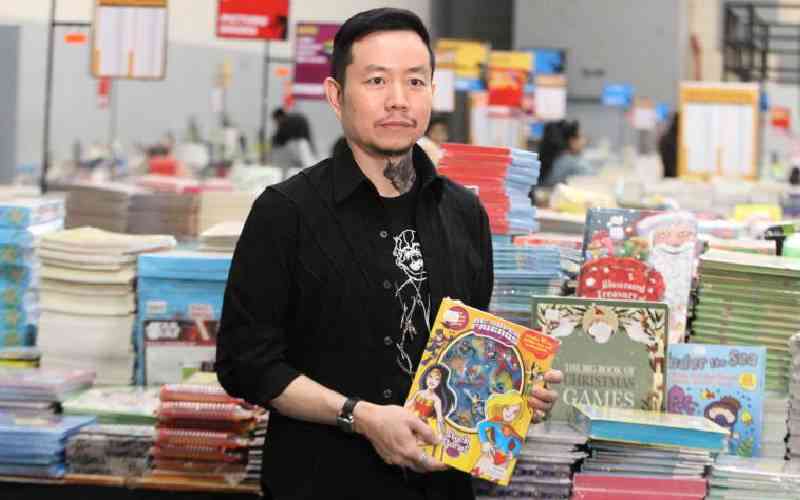×
The Standard e-Paper
Join Thousands Daily

For almost a month, a mega book sale featuring over half a million books has taken place in Nairobi.
Andrew Yap, the founder and CEO of Big Bad Wolf Sharjah Books, says this is his first major sale in Kenya. Before coming to Kenya, he'd had similar mega book sales in Tanzania.